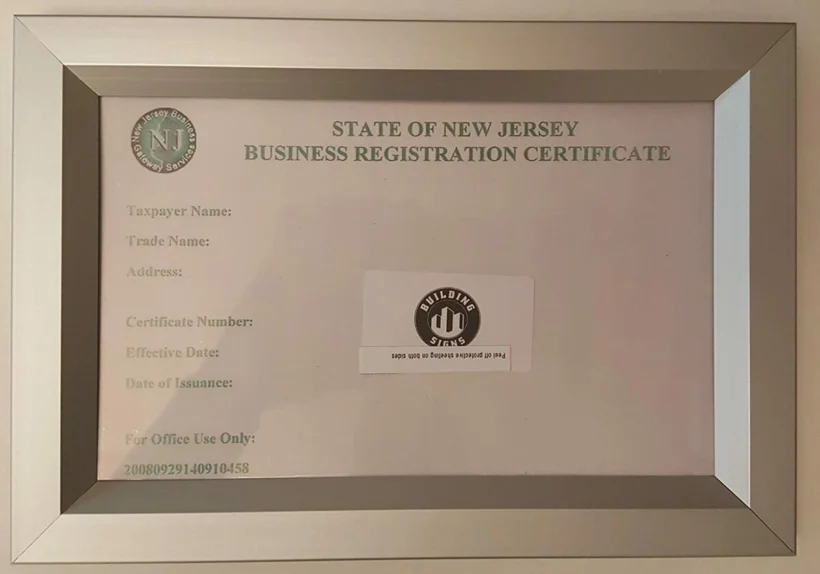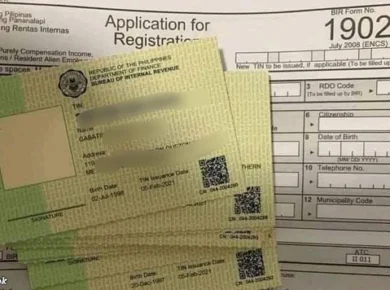Starting a business in Cebu is an exciting venture, whether you’re a local or a tourist looking to invest in this vibrant city. The process can seem daunting at first, but with the right steps and guidance, you can get your business up and running smoothly. Here’s a step-by-step guide to help you navigate the registration process in simple words.
1. Choose Your Business Structure
Before you begin, decide on the type of business you want to register. The common types are:
- Sole Proprietorship: Owned by one person.
- Partnership: Owned by two or more people.
- Corporation: A separate legal entity owned by shareholders.
If you’re just starting, a sole proprietorship might be the simplest option. For more complex ventures, a corporation might be more suitable.
2. Register Your Business Name
The first official step is to register your business name with the Department of Trade and Industry (DTI) if you’re a sole proprietor, or with the Securities and Exchange Commission (SEC) if you’re forming a partnership or corporation.
- DTI Registration: DTI Business Name Registration System.
- SEC Registration: SEC i-Register.
Registering your business name ensures that it’s unique and legally protected.
3. Get a Barangay Clearance
Next, you need to obtain a Barangay Clearance from the barangay (local district) where your business will be located. This clearance ensures that your business complies with local ordinances and regulations.
To get a Barangay Clearance, visit the barangay hall with the following:
- DTI or SEC registration certificate
- Lease contract or proof of business address
- Community Tax Certificate (Cedula)
The process usually takes a few days, and the fees vary depending on the barangay.
4. Obtain a Mayor’s Permit
After securing your Barangay Clearance, head to the City Hall to apply for a Mayor’s Permit. This is a crucial step as it legally allows you to operate your business in Cebu.
You’ll need the following documents:
- Barangay Clearance
- DTI or SEC registration certificate
- Lease contract or proof of business address
- Community Tax Certificate (Cedula)
- Fire safety inspection certificate
- Sanitary permit
The process involves filling out forms, paying the necessary fees, and undergoing inspections. You can check the detailed requirements and steps on the Cebu City Government’s Official Website.
5. Register with the Bureau of Internal Revenue (BIR)
Next, you need to register your business with the BIR to get your Tax Identification Number (TIN) and authority to print receipts. This step ensures that your business complies with tax regulations.
Visit the BIR office with the following documents:
- DTI or SEC registration certificate
- Mayor’s Permit
- Lease contract or proof of business address
- Community Tax Certificate (Cedula)
- Valid ID
You can find more information on the BIR Official Website.
6. Register with SSS, PhilHealth, and Pag-IBIG
If you plan to hire employees, you need to register your business with the Social Security System (SSS), Philippine Health Insurance Corporation (PhilHealth), and Home Development Mutual Fund (Pag-IBIG).
These registrations ensure that your employees receive the necessary benefits. Visit the respective offices or their websites for more details:
- SSS: SSS Official Website
- PhilHealth: PhilHealth Official Website
- Pag-IBIG: Pag-IBIG Official Website
Personal Opinion: The Cebuano Touch
As a Cebuano, I believe registering a business in Cebu is more than just fulfilling legal requirements; it’s about becoming part of our vibrant community. Cebu has a welcoming and dynamic business environment, perfect for new ventures. The process may seem long, but it’s a worthwhile journey that ensures your business is recognized and protected. Plus, once you’re through with it, you’ll feel a great sense of accomplishment and readiness to thrive in our beautiful city.
Conclusion
Registering a business in Cebu involves several steps, from choosing your business structure to obtaining the necessary permits and clearances. Each step ensures that your business operates legally and is set up for success. While the process can be a bit tedious, it’s designed to protect you and your customers.
If you’re a tourist looking to invest in Cebu, take these steps seriously and seek help if needed. There are many resources and local government offices ready to assist you. Welcome to Cebu, and best of luck with your new business!
For more detailed information, always refer to official sources like the DTI, SEC, and Cebu City Government.


![Simala Mass Schedule 2025 [Official Schedule] Monastery of the Holy Eucharist by Mary Loren Capas](https://hellocebuph.com/wp-content/uploads/2025/01/Monastery-of-the-Holy-Eucharist-by-Mary-Loren-Capas-390x290.webp)
![Where to get NBI clearance in Cebu? [Updated 2024] nbi clearance](https://hellocebuph.com/wp-content/uploads/2024/02/nbi-clearance-390x290.webp)




![List of NBI Branches and Satellites in Cebu, Philippines [Updated Contact Information in 2024] nbi satellite office mandaue](https://hellocebuph.com/wp-content/uploads/2024/04/nbi-satellite-office-mandaue-390x290.webp)

![Travel Guide to Simala Church: Itinerary and Budget [2024] simala church image by Jane Jumaoas](https://hellocebuph.com/wp-content/uploads/2024/02/simala-church-image-by-Jane-Jumaoas-390x290.webp)